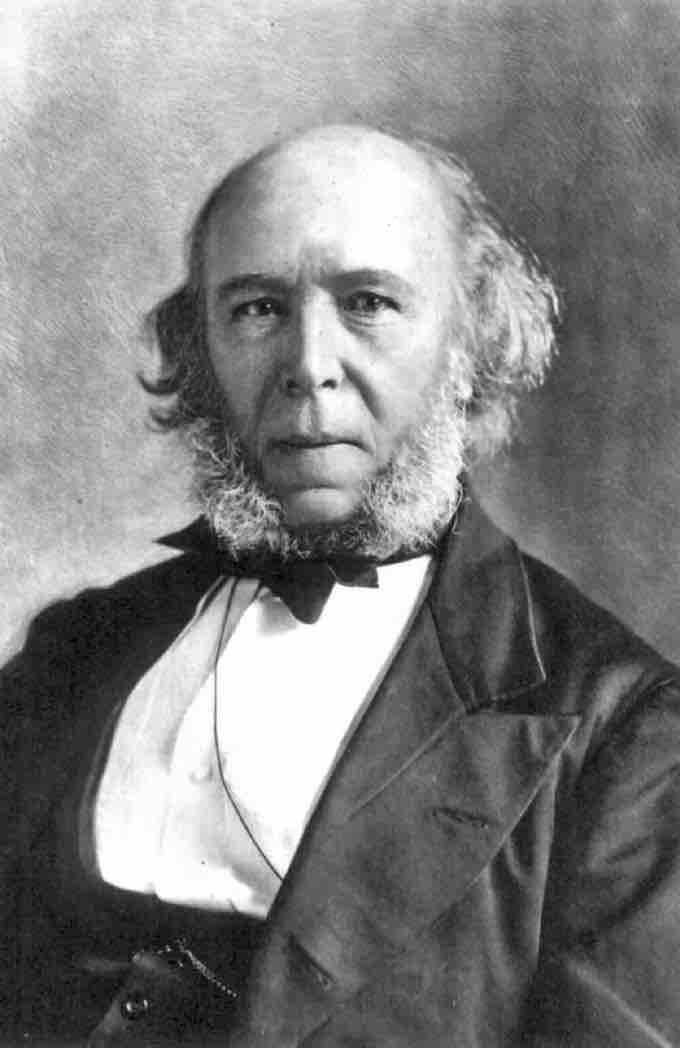Functionalism addresses society as a whole in terms of the function of its constituent elements; namely norms, customs, traditions, and institutions. In the 1960s, functionalism was criticized for being unable to account for social change, or for structural contradictions and conflict (and thus was often called "consensus theory"), and for ignoring systematic inequalities including race, gender, and class, which cause tension and conflict. As noted sociologist Michael Omi observes, "The structural-functionalist framework generally stressed the unifying role of culture, and particularly American values, in regulating and resolving conflicts. This approach was notably in evidence in respect to the sociology of race" (Coulhan 2007, Sociology in America, p.559). From this perspective, societies are seen as coherent, bounded, and fundamentally relational constructs that function like organisms, with their various parts (such as race) working together in an unconscious, quasi-automatic fashion toward achieving an overall social equilibrium.
Given this emphasis on equilibrium and harmony, the functionalist perspective easily allows for specific macro-analyses of more contentious power imbalances, such as race-related issues. It also allows for the micro-analyses that much of modern sociology is oriented around, such as identity formation and the socially constructed nature of race. It is less well-adapted to understanding individual discrimination because it ignores the inequalities that cause tension and conflict.
During the turbulent 1960s, functionalism was often called "consensus theory," criticized for being unable to account for social change or structural contradictions and conflict, including inequalities related to race, gender, class, and other social factors that are a source of oppression and conflict.

Herbert Spencer
Herbert Spencer was an English philosopher and social theorist.